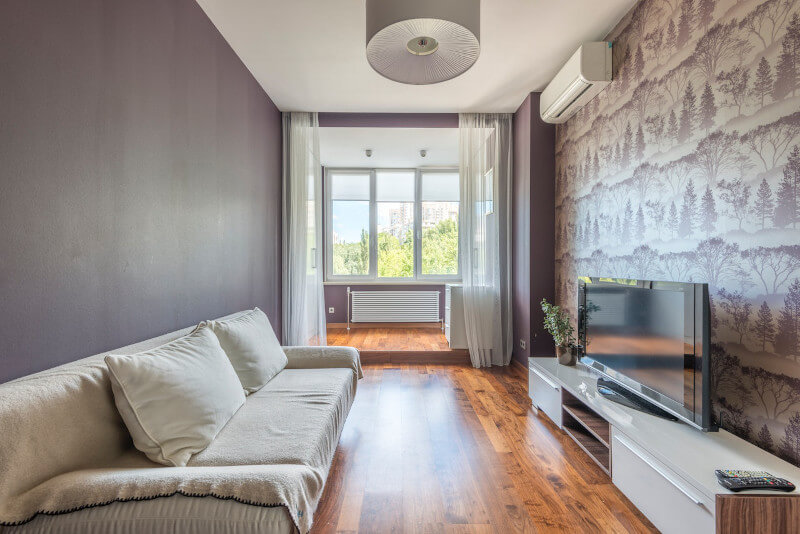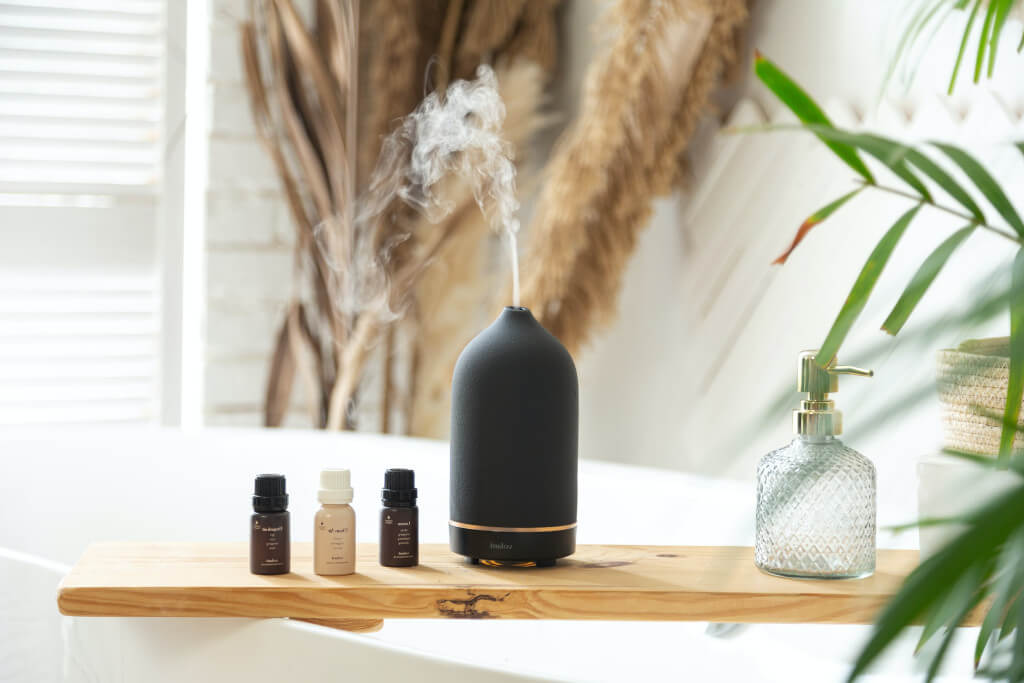One’s health needs to take in new, uncontaminated air inside their home. Since we spend approximately 90 percent of our time indoors, it is essential that the air we are breathing be free of contaminants.
We need to breathe in air that is of high quality inside the home. The majority of people spend a substantial amount of time indoors, whether at home, in the workplace, or other kinds of buildings; this is where fumes, chemical products, and other pollutants that can cause headaches, eye irritation, allergy symptoms, and fatigue are found.
More Than 20,000 Times a Day We Do Something That is the Most Natural to Us: Breathing
When we start thinking about the air that we breathe and the quality of the air that we are breathing, we typically think about the polluted air outside, prompted by carbon monoxide and nitrogen oxides from factories and cars.
One of the drawbacks of having a home that is adequately insulated is that it inhibits heated or cooled air from leaving easily, which can lead to an accumulation of contaminants and airborne pathogenic organisms inside the home. As a result of COVID-19, we were spending a greater proportion of our time inside buildings, making it more critical than at any other point in history to enhance the quality of the air in our homes. In this piece, we will discuss the significance of having high-quality air as well as strategies for preserving the health of your loved ones.
Poor air quality inside a building has been linked to a wide range of adverse health effects, both short-term and long-term, including coughing, sneezing, headaches, and fatigue. The most common types of indoor air contaminants are dust, dirt, and mildew, but our everyday routines can contribute to their formation. Additionally, cleaning products have the potential to add more gas particles to the air inside the home. If your household isn’t equipped with adequate ventilation for airflow, you won’t be able to substitute the air inside your home for air from the outside in an adequate manner.
On the other hand, the air that we breathe inside our homes may be up to five times more contaminated than the air that we breathe outside. The vast majority of individuals are aware of the health risks associated with polluted outdoor air; however, very few people give any thought to the possible risks associated with prolonged exposure to poor indoor air quality, irrespective of the fact that it has the same adverse effects on one’s health.
It is important to consider how this could be impacting our health and look into methods for improving the air indoors because there could be up to 900 toxins polluting the air quality we breathe indoors, and more than 81% of individuals are at risk of developing respiration or dermatological conditions due to poor indoor air quality.
These pollutants in the indoor air have the potential to have severe long-term effects on our bodies health. It is common knowledge that smoking is directly linked to adverse health effects such as heart disease; however, it is also possible for respiratory issues to be brought on by exposure to indoor pollution.
What Actions Can you Take To Improve Air Quality?

The great news is some actions can be taken on your part to enhance the quality of the air that circulates throughout your home. The first thing you should do is make sure that the air filters in your air-conditioning unit are cleaned regularly. Consider installing high-efficiency particulate air (HEPA) filters in your home if you have members of your family who suffer from allergies or asthma. These filters can remove very small particles that are frequently the cause of allergic reactions.
A system that provides heating, ventilation, and air conditioning is referred to as an HVAC system. The purpose of a heating, ventilation, and air conditioning system (HVAC) is to make an indoor environment not only secure but also pleasant for people to spend time in.
The installation of an effective air conditioning system in your house will not only significantly reduce the levels of air pollutants, but it will also reduce the levels of relative humidity; as a result of these two changes, the air quality in your home will improve, making it much healthier. Visit this page to start looking for air conditioning units that are suitable for your home.
Second, you should schedule an appointment with a qualified HVAC professional at least once per year to have them come and inspect, clean, and tune up your heating and cooling devices. The highly trained technicians will carry out safety inspections on your facilities and work to seal any potentially hazardous gas leaks that may occur.
When you’re cleaning with chemicals or undergoing home improvements like construction or painting, you should take additional precautions, and you should also make sure that the area where you are working is well-ventilated both during and after such projects.
Invest in a humidifier or a dehumidifier to assist you in maintaining the humidity levels in your household at an ideal level; doing so will prevent the development of holding and maintain your home safe and comfortable throughout the year. Be certain to disinfect this equipment by the instructions provided by the manufacturer to avoid the accumulation of pathogens and to ensure that your warranty remains valid.
If you are a smoker, you should think about smoking outside and you should routinely wash your bedsheets, curtains, and other items in your home. If you don’t already have an air conditioner, you should think about getting one. It will not only help move air in and out of your home, but it will also keep your home cool when the weather is warm and warm when the weather is cold.
The Value of Having Adequate Ventilation
Ventilation systems will bring in clean air and distribute it evenly throughout your property to improve the quality of the air inside. The systems function by drawing in clean air from the surrounding environment, passing it through an air exchange, filtering it, and then distributing it to different areas of the home. Bad particles found in the indoor air, such as dust mites and pollen, are removed from the building as a result of the fresh air’s circulation.
Check That The Air In Your House Is Safe To Breathe
The air we breathe inside our homes isn’t always given the attention it deserves; after all, if you cannot see the problem, there’s no reason to try to fix it. On the other hand, the advantages of making certain that the air inside your home is of the highest possible quality can significantly enhance the health of the people who live there and prevent any potential adverse effects. By taking just a few simple measures, you can ensure that your house is always a secure environment for you and the people you care about.



